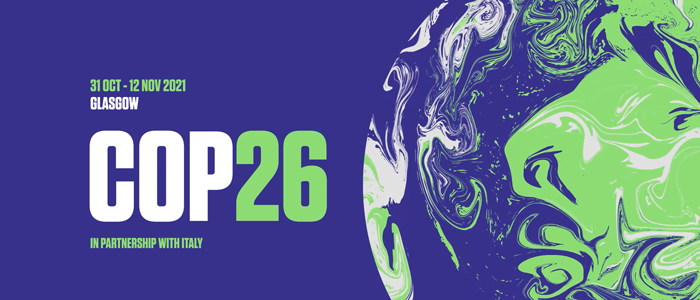Future Health Systems: Resilient and Sustainable
The Conference of the Parties to the UN Climate Change conference (COP26) starts this week in Glasgow. While a COP takes place every year, COP21 is best known because of the Paris Agreement. Every country agreed to limit global warming to 1.5 degrees - a target that looks increasingly unattainable.

In recognition that climate chaos drives poor health outcomes and health inequities, health is a science priority area this year. Countries will be asked to commit to two initiatives. The Climate Resilient Health Systems Initiative and the Low Carbon Sustainable Health Systems Initiative, which jointly capture the unique role of health systems as responder and contributor to climate chaos.
These initiatives seek real commitment from countries to get to low carbon, ultimately net zero, healthcare. And, at the same time, transform into health systems that deliver high quality care for all despite increased flooding, infectious diseases, heatwaves, and human migration (to name but a few health impacts of climate chaos).
Driving low carbon healthcare means a robust analysis of supply chains because we know this is the source of most health system emissions. And we need to shift healthcare investments to preventative and primary care where greatest mutual benefit to human and ecological wellbeing are the pay off.
Resilient systems can still collapse - COVID19 showed us how easily this can happen - but resilience means adapting and overcoming such shocks as well as dealing with everyday challenges that every health system faces. Ultimately resilience means collaboration and partnership - between governments, their departments, research institutes, health donors, private providers, suppliers, and communities. Because nobody succeeds alone.
The Nossal Institute is writing a series of thought pieces to coincide with COP26 to discuss developments in the area of health and climate change. We will be reflecting on our contribution and invite discussion from you on how health systems can enable genuine planetary health.
Previous article